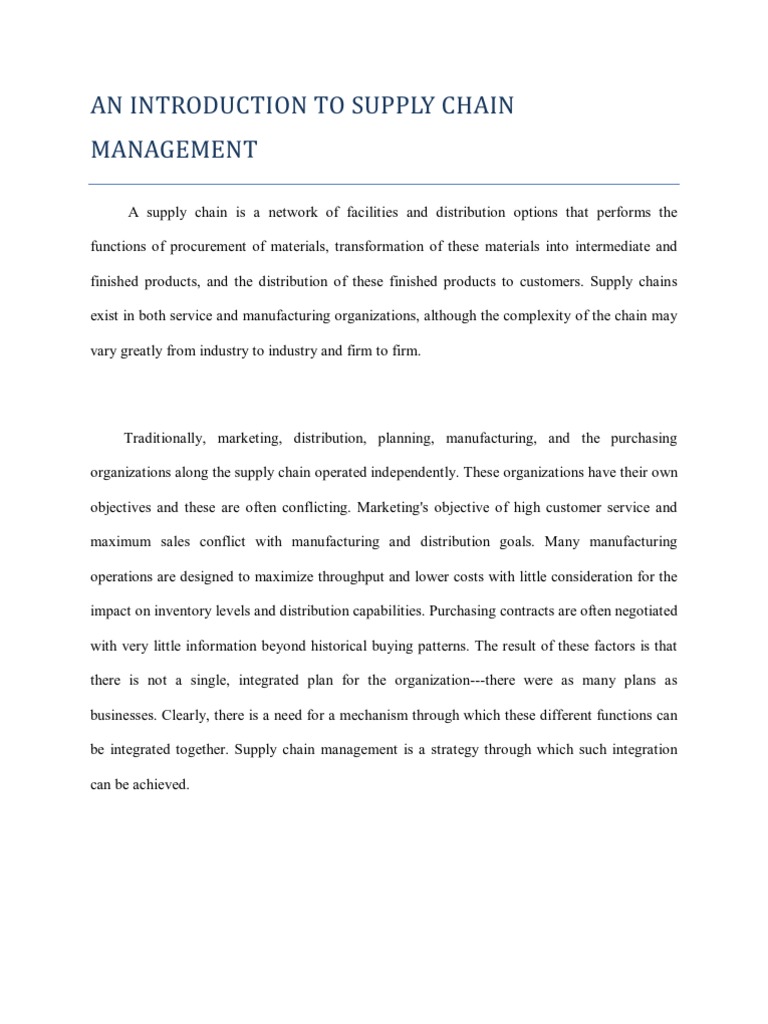
Project management is essential for any business. This includes creating a sense and spirit of unity among team members, efficient resource management, client communication, and on-time project completion. This article will examine a few reasons why project management matters to a business. Continue reading to learn more. We'll also be discussing some of these benefits for your organization.
Project management creates a sense of unity among team members
One of the most important aspects of project management is to establish good communication among the team members. A great project manager will listen to team members' opinions and ensure everyone has an opportunity to speak. Frequent communication between team members also allows for the development of trust. Keeping the lines of communication open and clear will help maintain team unity and productivity. Here are some tips and tricks to improve communication within a project management group.

It encourages efficient resource management
Good resource management makes sure that project resources are efficiently used. This focuses on the understanding of people's strengths, and weaknesses, in order to better allocate resources. The management of resources is essential to ensure that projects are on track and balance the time and skills of a team. Resource forecasting allows managers to predict future needs, and helps them identify potential conflicts between tasks. It also helps them allocate resources based on the skills they have available.
It keeps clients at arms length
A good project manager will find a way to maintain balance between client requirements and company needs. Clients can be unreasonable and demanding. It is essential to maintain a distance from clients. A good project manager will diffuse any client demands and keep a neutral perspective. These are some tips to help you avoid conflicts in project management.
It encourages the timely completion of all projects
Project management is about the planning, organization, and management for projects that are designed to achieve predetermined goals. This can be used by any business to achieve certain goals. The types of projects depend on the industry and the organization. These projects should be completed on schedule. A project manager is able to ensure that the projects are successful by setting clear goals.

It controls cost overruns
An unplanned increase in costs is considered a cost overrun in project management. There are many reasons cost overruns may occur. For example, inaccurate estimates of project costs can lead to project delays and rework, which may cost more than building in stakeholder requirements at the start of the project. To prevent budget overruns, it is important to have a clear understanding of how to control cost and scope. Here are some common causes that cost overruns can occur.
FAQ
What role does a manager have in a company's success?
Different industries have different roles for managers.
In general, a manager controls the day-to-day operations of a company.
He/she ensures the company meets its financial commitments and produces goods/services that customers demand.
He/she will ensure that employees follow all rules and regulations, and adhere to quality standards.
He/she designs new products or services and manages marketing campaigns.
How do we build a culture that is successful in our company?
A positive company culture creates a sense of belonging and respect in its people.
It's based on three main principles:
-
Everyone has something valuable to contribute
-
People are treated fairly
-
It is possible to have mutual respect between groups and individuals
These values are evident in the way that people act. They will treat others with consideration and courtesy.
They will respect other people's opinions.
They can also be a source of inspiration for others.
Company culture also encourages open communication, collaboration, and cooperation.
People feel safe to voice their opinions without fear of reprisal.
They understand that errors will be tolerated as long they are corrected honestly.
Finally, the company culture promotes honesty and integrity.
Everyone knows that they must always tell the truth.
Everyone recognizes that rules and regulations are important to follow.
Nobody expects to be treated differently or given favors.
What is the difference in leadership and management?
Leadership is about inspiring others. Management is about controlling others.
A leader inspires followers while a manager directs workers.
A leader inspires others to succeed, while a manager helps workers stay on task.
A leader develops people; a manager manages people.
How can a manager motivate his/her staff?
Motivation can be defined as the desire to achieve success.
Enjoyable activities can motivate you.
Or you can get motivated by seeing yourself making a contribution to the success of the organization.
For example, if you want to become a doctor, you'll probably find it more motivating to see patients than to study medicine books all day.
Another source of motivation is within.
One example is a strong sense that you are responsible for helping others.
You might even enjoy the work.
If you don’t feel motivated, find out why.
You can then think of ways to improve your motivation.
Statistics
- The profession is expected to grow 7% by 2028, a bit faster than the national average. (wgu.edu)
- Your choice in Step 5 may very likely be the same or similar to the alternative you placed at the top of your list at the end of Step 4. (umassd.edu)
- 100% of the courses are offered online, and no campus visits are required — a big time-saver for you. (online.uc.edu)
- As of 2020, personal bankers or tellers make an average of $32,620 per year, according to the BLS. (wgu.edu)
- The BLS says that financial services jobs like banking are expected to grow 4% by 2030, about as fast as the national average. (wgu.edu)
External Links
How To
How does Lean Manufacturing work?
Lean Manufacturing processes are used to reduce waste and improve efficiency through structured methods. They were created in Japan by Toyota Motor Corporation during the 1980s. The primary goal was to make products with lower costs and maintain high quality. Lean manufacturing eliminates unnecessary steps and activities from a production process. It has five components: continuous improvement and pull systems; just-in time; continuous change; and kaizen (continuous innovation). The production of only what the customer needs without extra work is called pull systems. Continuous improvement is the continuous improvement of existing processes. Just-in-time refers to when components and materials are delivered directly to the point where they are needed. Kaizen means continuous improvement. Kaizen involves making small changes and improving continuously. Fifth, the 5S stand for sort, set up in order to shine, standardize, maintain, and standardize. These five elements work together to produce the best results.
Lean Production System
Six key concepts make up the lean manufacturing system.
-
Flow - The focus is on moving information and material as close as possible to customers.
-
Value stream mapping: This is a way to break down each stage into separate tasks and create a flowchart for the entire process.
-
Five S's – Sort, Put In Order Shine, Standardize and Sustain
-
Kanban is a visual system that uses visual cues like stickers, colored tape or stickers to keep track and monitor inventory.
-
Theory of Constraints - Identify bottlenecks in the process, and eliminate them using lean tools such kanban boards.
-
Just-in time - Get components and materials delivered right at the point of usage;
-
Continuous improvement: Make incremental improvements to the process instead of overhauling it completely.